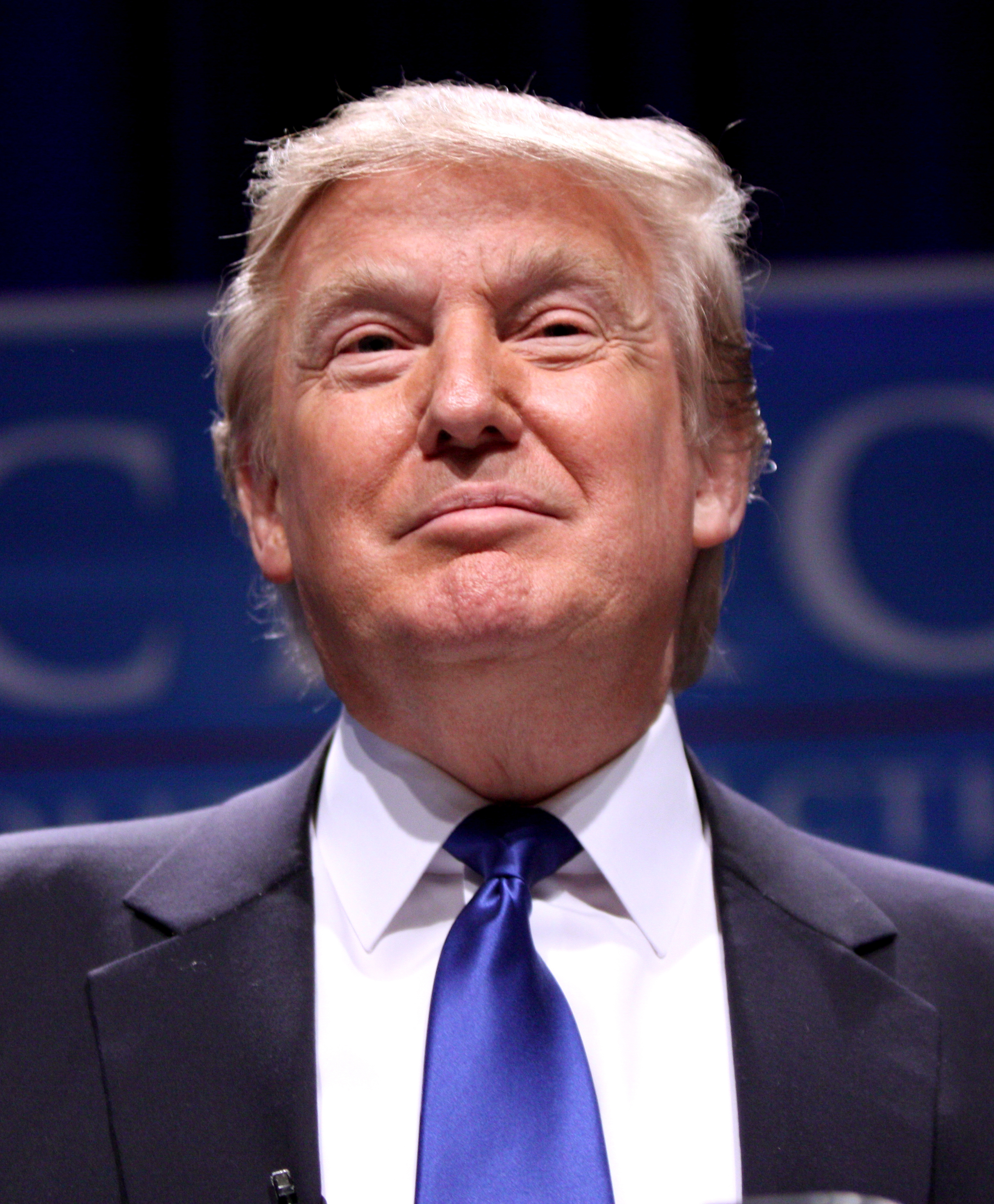
 The votes are in, and to the surprise of pundits and pollsters everywhere, Donald J. Trump has been elected the 45th president of the United States. However, many scientists are concerned about what a Trump presidency would mean for important issues like climate change and research funding. For one, Trump is cautious about allocating resources for scientific research (see this pre-election article from Science and Q&A session at Sciencedebate.org for more). On the other hand, Trump has also stressed the importance of continuing research relevant for public health, such as Alzheimer’s disease. Due to his unclear stance on research funding, it is difficult to predict whether Trump will propose more budget cuts to the NIH and NSF.
The votes are in, and to the surprise of pundits and pollsters everywhere, Donald J. Trump has been elected the 45th president of the United States. However, many scientists are concerned about what a Trump presidency would mean for important issues like climate change and research funding. For one, Trump is cautious about allocating resources for scientific research (see this pre-election article from Science and Q&A session at Sciencedebate.org for more). On the other hand, Trump has also stressed the importance of continuing research relevant for public health, such as Alzheimer’s disease. Due to his unclear stance on research funding, it is difficult to predict whether Trump will propose more budget cuts to the NIH and NSF.
More alarming, however, is Trump’s consistent denial of climate change. He has repeatedly called climate change a hoax and has strongly endorsed the US pulling out of the Paris climate agreement. On November 2nd, less than a week before the election, the Bloomberg BNA reported that Trump, at a Michigan rally, proposed to end climate spending.
“We’re going to put America first. That includes canceling billions in climate change spending for the United Nations, a number Hillary wants to increase, and instead use that money to provide for American infrastructure including clean water, clean air and safety,” said Trump.
One example of infrastructure Trump wants to expand in his first 100 days in office is the Keystone XL pipeline, which would provide a more direct transportation of oil from Canada into the US compared to the current Keystone pipeline. Although Trump has not yet met with TransCanada specifically, Trump has consistently pushed for removing environmental regulations. Perhaps in a significant conflict of interest, he also owns stock in Energy Transfer Partners, the company responsible for building the pipeline. President Obama and Hillary Clinton had opposed the pipeline because they did not believe building the pipeline would have a significant impact on the economy, creating jobs, or lowering petrol prices. In addition, environmental activists worry that this deal with TransCanada Corp. could instead increase America’s reliance on carbon fuel.
Nevertheless, Trump’s stance on many key issues in science and technology are still unclear. Ars Technica expresses concerns about his unclear stance on net neutrality and encryption (Trump’s campaign statement for cybersecurity can be found here). Trump’s senior advisors have suggested that even NASA could change focus under his direction. Based on his business background, backed by a Republican-majority Congress, it’s possible that Trump will place his efforts in science and technology as they relate to job creation and deregulation.
At this point, there’s still much that is unknown on how Trump will impact science policy. For more info, check out this Nature news article summarizing the concerns of other scientists.
Peer edited by Aminah Wali.
Follow us on social media and never miss an article: